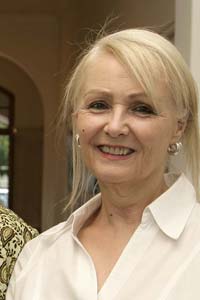|

Prof Melanie Walker
|
Prof Melanie Walker from our Centre for Research on Higher Education and Development (CRHED) and Alejandra Boni from the Technical University of Valencia in Spain makes for a potent writing combination. Their book, Human Development and Capabilities: Re-imagining the University of the twenty-first Century, has won the 2014 Spanish Manuel Castillo Book Prize. This in the category of a Published University Research Monograph.
The aim of this prize is to stimulate academic, scientific and journalist research in the fields of cooperation, peace and human development. And this is precisely what underpins their book.
The content encourages the reader to re-imagine the role of the university and its potential for transformative ends. It urges the creation of better societies while acknowledging contemporary social and economic challenges. It shows how universities might advance human equalities and how these institutions can contribute to sustainable and democratic societies.
In her acceptance speech, Professor Walker noted that “the book is pioneering in its linking universities to human development in an age where globally human capital and economic growth approaches dominate higher education policy.” She noted that the human capital argument is by no means settled – an increased focus on economic growth only contributes to growing inequalities. “We hope the book will challenge and add to debating the purposes of universities,” Prof Walker said.
Not only was this trans-continental collaboration an intellectual and personal joy for Prof Walker, but it has served as a springboard to further research and more writing together with Alejandra Boni.